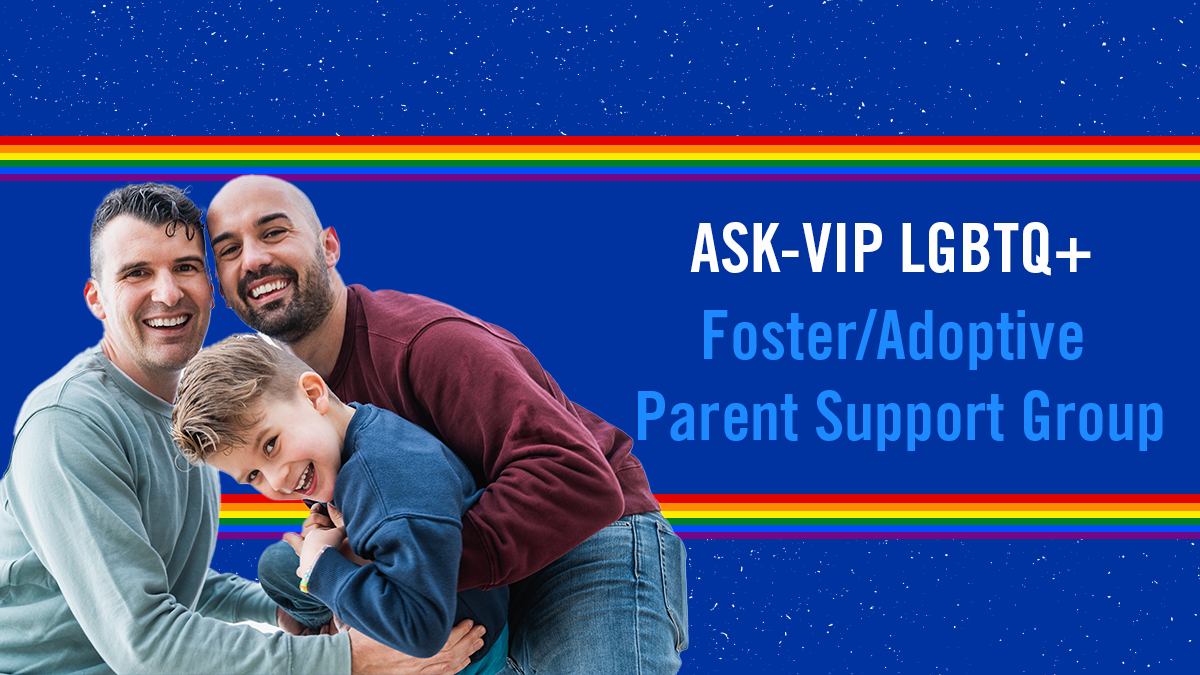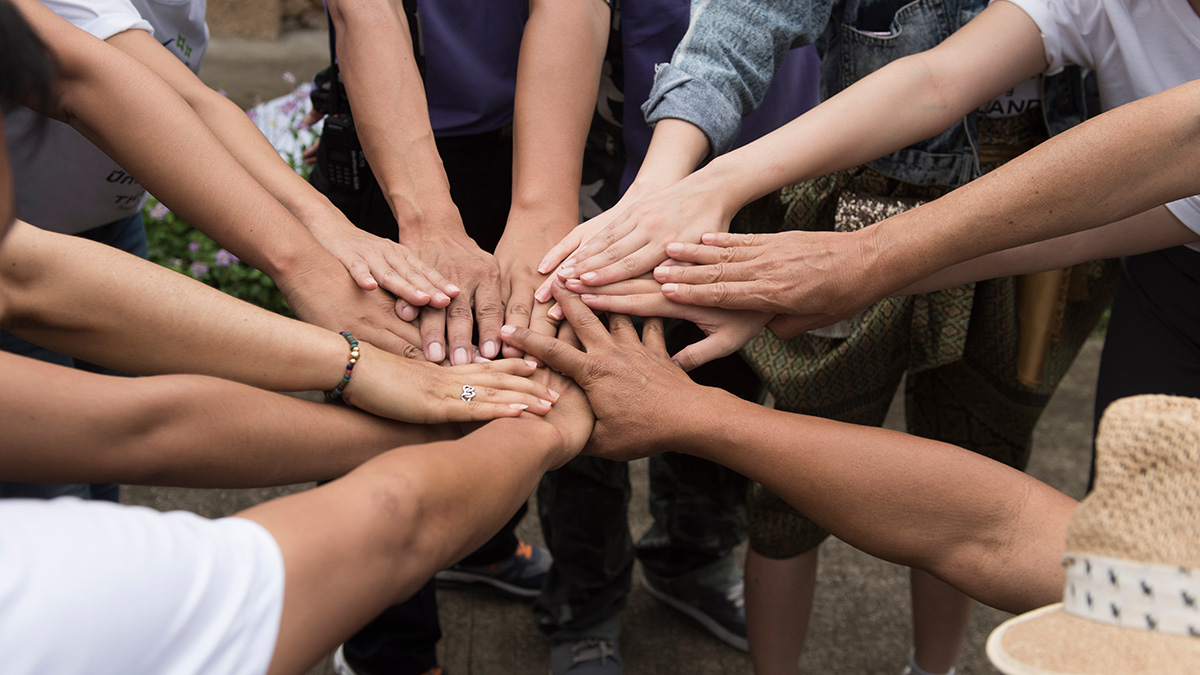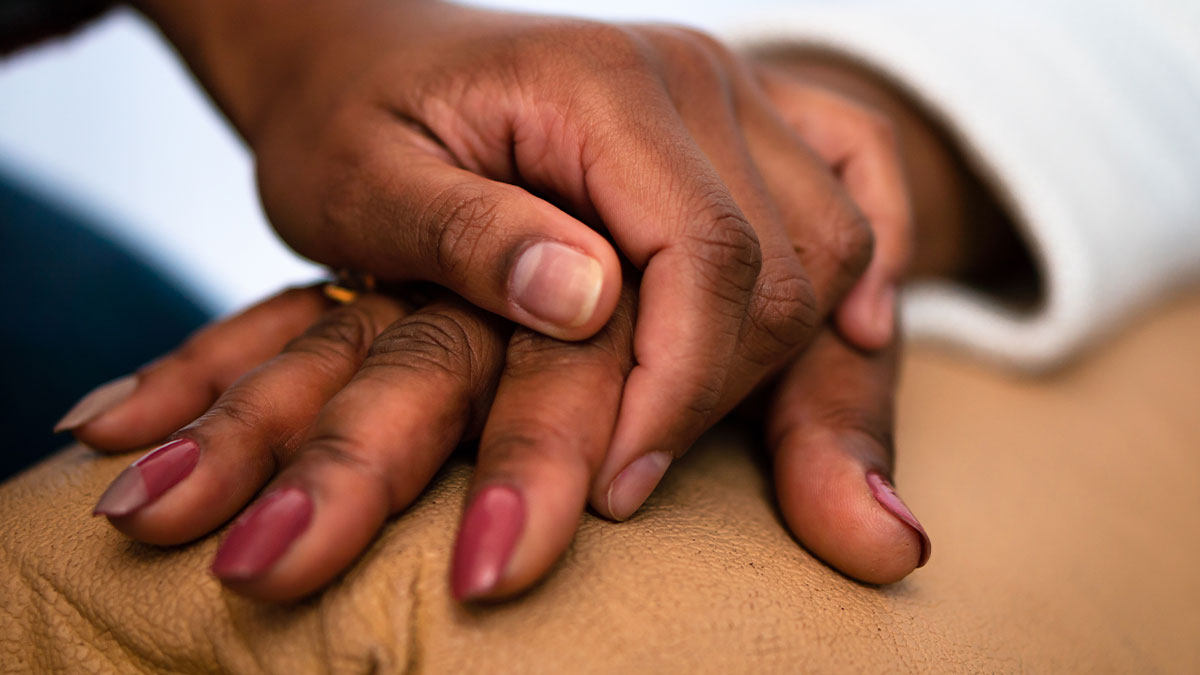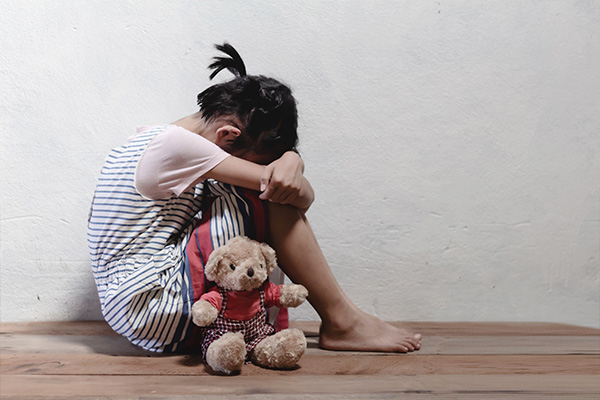Mental health has undeniably been a taboo topic of discussion for many people to engage in across all races and ethnicities. Reasonably, due to the lack of knowledge, misunderstanding of terminology, stigma, as well as shame, society continues to be dissuaded from seeking treatment when mental health challenges arise. However, within the Black community, the percentage of utilization of mental health services is devastatingly low and is negatively impacting the well-being of Black children and families. Since Black people have been plagued with compounding contributing causes to their reluctance to seeking help, which also includes ongoing racism, systemic oppression, a variety of urban environmental factors (i.e., poor healthcare options, subpar education, and socio-economic inequalities), gender discrimination, and lack of equitable policies and laws, it is evident that there is a grave need to bridge the gap between the Black community and mental health. By bridging this gap, a valuable opportunity to change the narrative of mental health and by leaning in on the resilience that the Black community has had to possess in order to overcome slavery, this capstone confirms an essential need for improving the Black community’s overall health. Furthermore, social workers at all levels, but especially within the macro- and leadership-level, have the fiduciary duty to advocate against social injustices inflicted upon marginalized communities, such as the Black community, and need to begin thinking of more innovative ways to provide not only mental health awareness, but also enhanced mental health services to this community. By eradicating stigma, addressing systemic barriers, empowering different decision-making abilities, and reimagining mental health programs, as well as policies and laws; together, we can work towards healing the Black community and improving the overall wellness of Black children and families.













